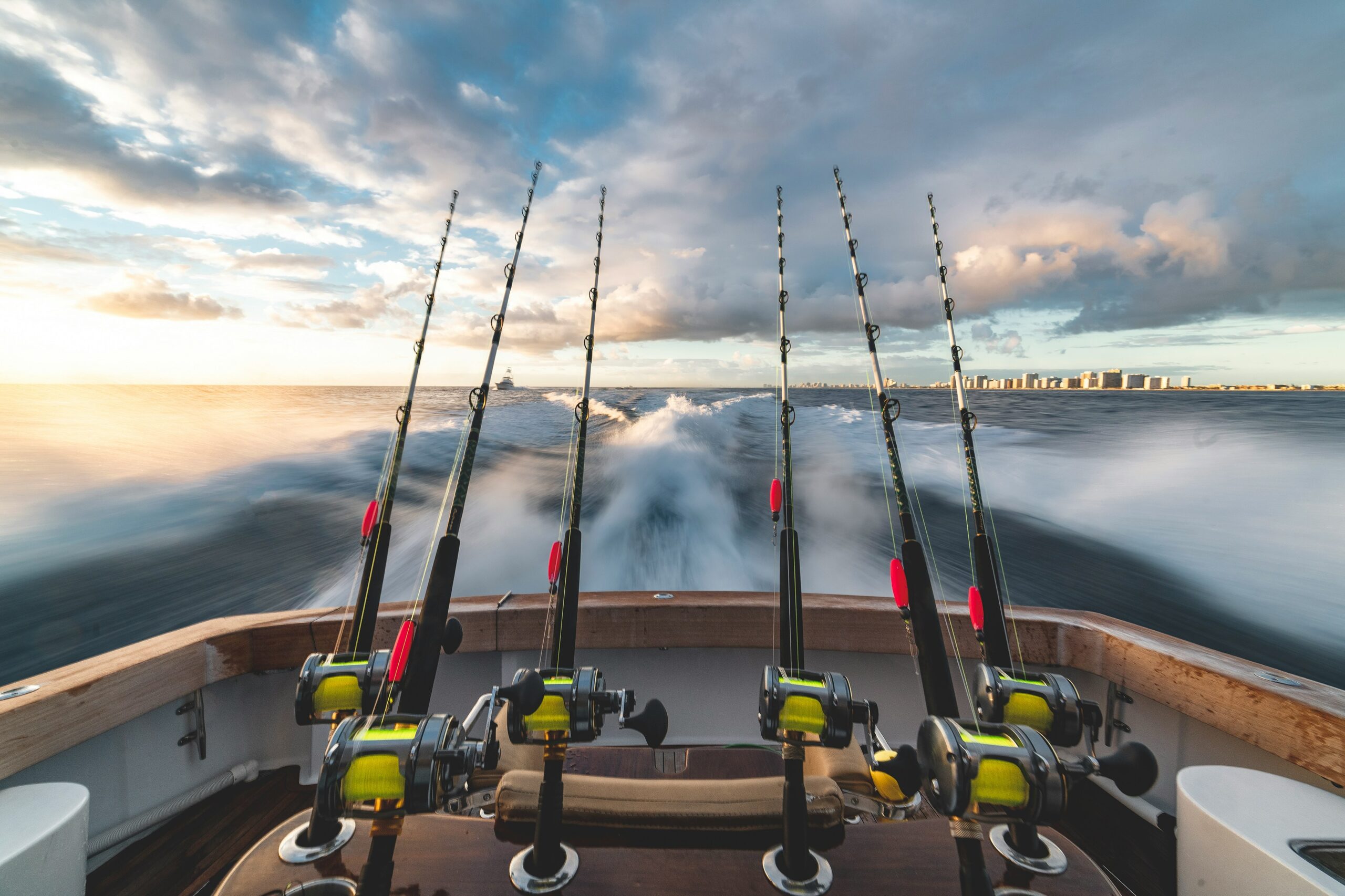
Choosing the right fishing rod is crucial for an enjoyable and successful fishing experience. Whether casting in freshwater streams, battling the waves in saltwater, or going after trophy fish in unique environments, selecting the right rod can make all the difference. The market offers a wide variety of fishing rods, each designed for specific conditions and types of fish. Here’s a guide to help you navigate the options and find the best fishing rod for your needs.
Top Fishing Rods for Freshwater Fishing
Freshwater fishing includes a wide range of environments, from peaceful lakes to fast-moving rivers, and the rods designed for these waters must be versatile and durable. Due to its ease of use and versatility, a spinning rod is often the best option for beginners. These rods are ideal for casting smaller baits and lures, making them perfect for bass, trout, and panfish. Many spinning rods are designed with lightweight materials, making them easy to handle for extended periods.
For those seeking more precision and control, a baitcasting rod offers higher accuracy and the ability to cast heavier lures. Anglers often favor baitcasting rods that target larger species like pike or musky. They are typically built with more decisive action, allowing longer casts and greater control over the lure. However, baitcasting rods require more skill, so they are better suited for experienced anglers who want to enhance their fishing game.
Best Saltwater Fishing Rods
Saltwater fishing is a whole different ballgame, requiring rods that can withstand the harsher conditions of the ocean. The saltwater environment demands rods from corrosion-resistant materials, such as fiberglass or composite materials, to ensure longevity and performance. Saltwater rods are generally heavier and more substantial than freshwater rods to handle the more prominent species found in the ocean, such as tuna, marlin, and sharks.
A conventional rod is often the best choice for offshore fishing in saltwater. These rods are designed with a solid backbone to handle the heavy-duty reels and tackle used in the deep-sea fishery. If you plan to fish closer to the shore, a spinning rod can still work well, especially when targeting species like redfish, striped bass, or snook. These rods are lighter and offer greater flexibility, which is advantageous for casting lures or live bait from the surf or piers.
Rods for Fly Fishing Adventures
Fly fishing is a unique and specialized form of fishing, requiring a specific type of rod designed to handle the delicate art of casting a lightweight fly. Fly rods are longer than typical fishing rods and are typically made from lightweight graphite or fiberglass to allow for accurate, long-distance casts. The design of fly rods also helps deliver a controlled and gentle presentation of the fly onto the water’s surface, which is crucial when targeting fish like trout, salmon, and bass.
When selecting a fly rod, the most important factors to consider are the rod’s weight, length, and action. Lighter rods are best for small streams or fishing for smaller fish, while heavier rods are better for larger fish or larger bodies of water. Fly rods are often categorized by the weight of the line they are designed to cast, with 4 to 6-weight rods being the most versatile for a wide range of fly fishing situations. The rod’s action, which refers to how much the rod bends during the cast, can also vary from slow to fast, depending on the angler’s preferences and casting style.
Choosing the Right Rod for Specialized Fishing
In addition to the traditional freshwater, saltwater, and fly rods, specialized rods are designed for unique fishing environments or techniques. For example, ice fishing rods are shorter and more compact to handle the limited space of an ice shelter. These rods are built to withstand cold temperatures and can be equipped with small reels to hold the light tackle typically used in ice fishing.
For anglers who enjoy trolling, a rod is designed to handle the specific demands of dragging lures behind a moving boat. These rods are often longer and more robust to accommodate the heavier trolling reels and the continuous strain of the lures pulled through the water. Similarly, rods designed for bottom fishing or deep-sea fishing may have specialized features like thicker blanks, more muscular guides, and additional sensitivity to feel the weight of the catch at greater depths.
Selecting the Best Fishing Rod for Your Needs
Ultimately, the best fishing rod for you depends on your specific fishing needs, target species, and preferred fishing techniques. Whether you are casting on calm freshwater lakes, challenging saltwater surf, or patiently waiting for a trout to strike on a fly rod, there’s a rod designed to enhance your fishing experience. Consider your skill level, preferred fishing style, and the conditions you’ll be fishing in to choose the right rod for your next adventure.